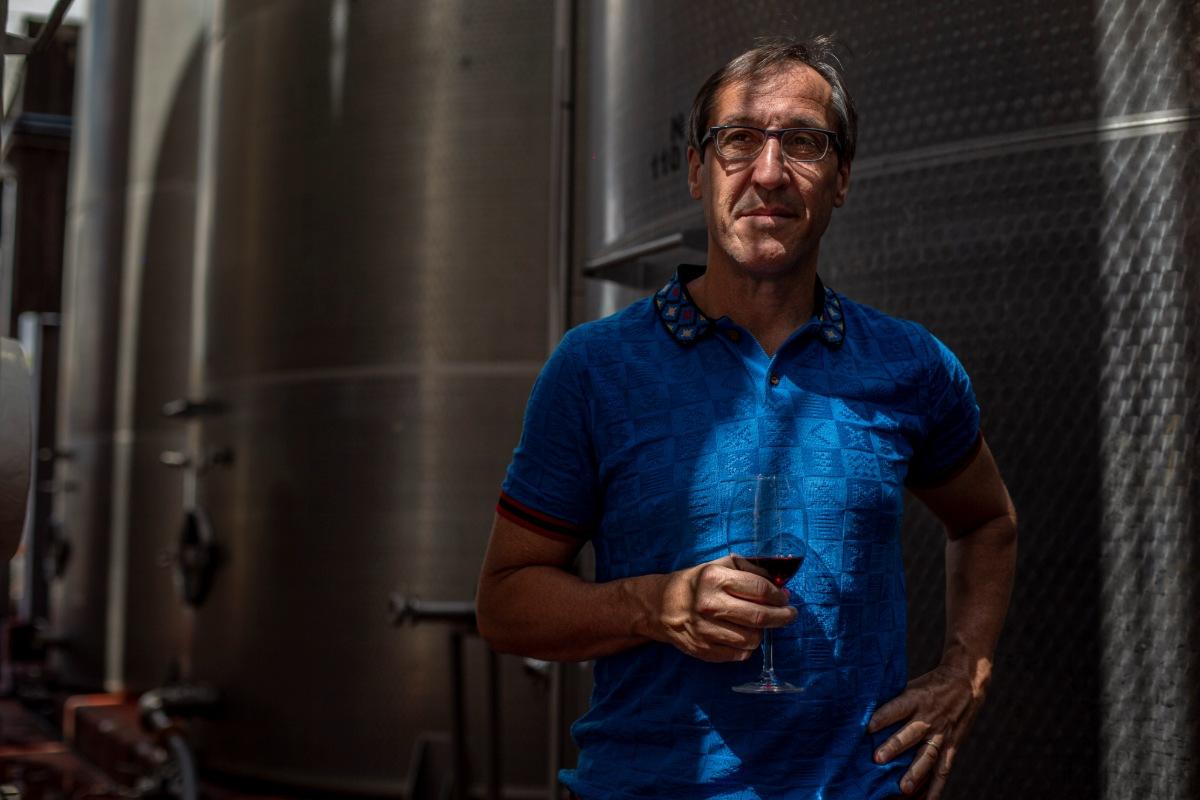Your group completed the acquisition of Overhex Wines' full brand portfolio (effective 1 December 2024). How do you plan to integrate Overhex's brands and production footprint into Origin's existing supply chain and route-to-market?
The acquisition was very much a complementary move for us – it strengthens our reach without creating overlap in terms of target audience. Origin's business model is built around delivering high-quality at scale, while Overhex's operations focus more on pallet-load orders and smaller client volumes. This requires some resizing of our logistics, aligning systems and ensuring our route-to-market flexibility is maintained. So what we're doing now is integrating the Overhex brands and production footprint into our framework at Origin Wine, and embracing the challenge head-on. There's also the process of merging two organisational cultures – something that ultimately strengthens both sides.
Of course, the timing was key. We acquired Overhex at a time when organic growth is hard to achieve – the global wine market is shrinking, so for us to buck the trend and maintain single-digit growth is very positive. Therefore purchasing an established portfolio made strategic sense. I expect to see further industry consolidation in the years ahead.
Over the last few years you've pushed into premium on-trade with Origin Vineyards and built a pan-country terroir range. Was this partly driven by a personal motivation?
Yes – at least in part. The expansion of the premium side of Origin's business has been a long-term, slow-burn investment: a considered commitment to producing terroir-driven wines. From a purely financial standpoint, we need commercial scale to make a sustainable margin – the core business must deliver. But equally, we need aspirational products. Premium wines bring another dimension to our enterprise. They elevate our reputation but also give us the joy of making quality wine that consumers genuinely enjoy.
If profit were my sole motivation, I would have worked in the money markets. Wine is as much heart as head for me. Using our vineyard estates, our terroir-led investments, means we're not simply selling labels – we're crafting a story, using a kind of "test-kitchen" to explore the world of fine wine. Indeed, when Le Grand Domaine Cabernet Sauvignon 2022 won the International Cabernet Sauvignon Trophy at the International Wine Challenge, it was very gratifying, because it validated our faith in this exciting project.
Premium wine enhances our image, deepens our knowledge, and is extremely exciting and rewarding to make. We want to deliver products for the on-trade that sit comfortably above the commodity level.
Conversely, how central is bulk wine trading and co-packing to your long-term strategy?
The shift we've made over the last decade is significant. Ten years ago, about 70% of our production was shipped in bulk; today, approximately 70% is bottled at origin. This transition is central to how we see our future. Bottling at source is better for quality, for the local economy, for employment, and for tight management of the whole supply chain. Moreover, while the wine may be the same in container, once it's bottled there is a difference in both taste and perception.
Trading in bulk is very important to the global wine industry, but we're embracing a value-added model: branded bottles and greater traceability. Bulk still has a role; however, our long-term future will likely rely on premiumisation.
You acquired the canned wine brand Hun's business in 2022 and have overseen other packaging/brand deals. How do you view the role of alternative packaging in both sustainability and retail growth?
Alternative packaging is an important growth area, both from a consumer orientation and sustainability standpoint. We acquired Hun's Wine because we recognised the convenience of wine in cans, and the potential for buoyant demand in urban environments. Yet you need to sell a great deal of volume to make the model pay its way. In truth, I'm not sure wine as a category can scale as fluidly as RTDs or hard seltzers sold in can – I'm not convinced this is the right format. For us, the venture didn't really work.
But we do not regret the decision – we learnt a lot from it. Our philosophy at Origin Wine is to keep an open mind. Bag-in-box and smaller formats all have a role. Nevertheless, the capital investment required to achieve profitable scale is considerable.
What are you feelings about growing industry regulation and the considerable influence of the anti-alcohol lobby?
It's a real concern. The regulatory burden and anti-alcohol lobby has never been as significant, or indeed influential. So when governments raise the duty on alcohol, there is little scrutiny besides the obvious disgruntlement of the trade. If the intention were truly health-led, arguably sugar-laden foods would face equal scrutiny. However, we accept the landscape is changing and the industry must proactively engage with these stakeholders in the public health realm. We must adapt.
The question is: what form will that adaption take? I believe the message should be one of moderation rather than blanket abstinence. Producing lower-alcohol or zero-alcohol wines will be essential to the industry's survival. We need open dialogue with health bodies to embed responsible consumption narratives. We need to ensure that wine remains a positive, sociable product – not one under siege.
Finally - can you outline your strategy to ensure the sustainable future of Origin Wine over the next five years?
Absolutely. A key priority is to strengthen our position as one of South Africa's leading wine exporters; by judiciously using consolidation – purchasing complementary businesses – we have built essential economies of scale. Meanwhile, our portfolio continues to diversify. There is a sweet spot of about £8-£12 in the UK market where quality and value meet. We are delivering wines in that space with exceptional quality and affordable price points. I'm very ambitious: we want to embrace premiumisation, and not just because we have to, but because we choose to.
And let's not forget that other vital part of organisational success: people. I want our team to be proud of what they do, to be proud of the product and the passion behind it. There are easier ways to earn a living – but few as rewarding.

Q&A: Bernard Fontannaz, CEO and Founder, Origin Wine
As Origin Wine expands its premium footprint and integrates the Overhex portfolio, CEO Bernard Fontannaz reflects on strategic consolidation, shifting consumer expectations, and the challenge of sustaining growth in a troubled global wine market.

Bernard Fontannaz









.png)









